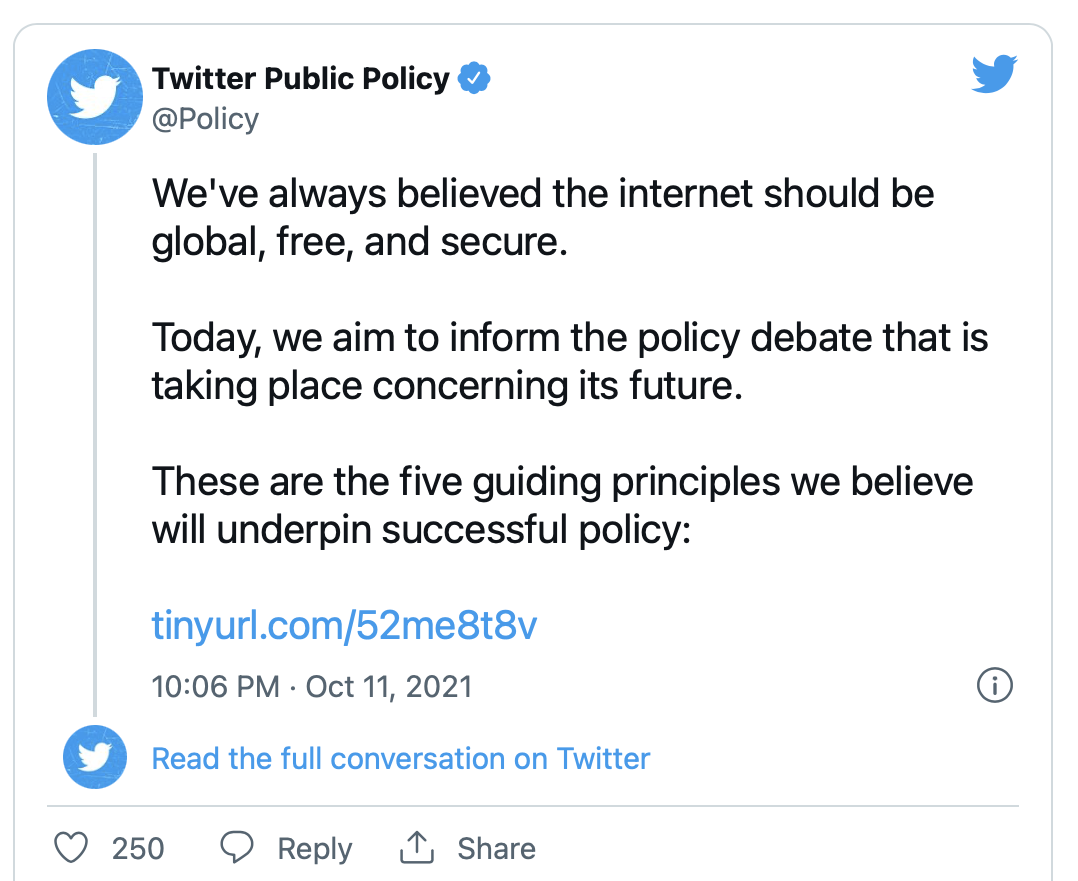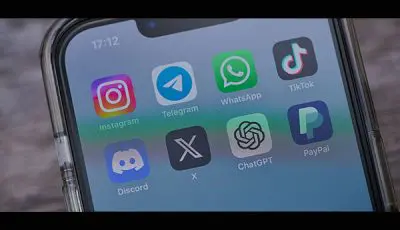Adult-Friendly Twitter Fights Government Interference
 It’s understandable that furor runs high in the adult industry with regards to social media giants (Facebook, Instagram, Twitter) and discrimination. For many, it’s perceived that they ban posts and pages because it doesn’t agree with their puritanical standards. This makes it difficult to compete in the mainstream marketplace and gives other businesses an unfair advantage. Twitter, the only platform that bucks tradition and allows “obscene” content, is often touted as our faithful “friend” and heralded as the one player who supports the adult industry.
It’s understandable that furor runs high in the adult industry with regards to social media giants (Facebook, Instagram, Twitter) and discrimination. For many, it’s perceived that they ban posts and pages because it doesn’t agree with their puritanical standards. This makes it difficult to compete in the mainstream marketplace and gives other businesses an unfair advantage. Twitter, the only platform that bucks tradition and allows “obscene” content, is often touted as our faithful “friend” and heralded as the one player who supports the adult industry.
However, does Twitter actually support the adult industry?
A more likely answer is that they could care less about the industry but still could be congratulated for their efforts to fight for an Open Internet and deal with the aftermath of government intervention. It’s an interesting way to look at things in light of their most recent bi-annual transparency report where they shared that they were forced by governments to remove 43,487 tweets across the world. This is the largest number of legal demands that Twitter has ever experienced. They started the bi-annual transparency report in 2012.
One could argue that Facebook and Instagram who already do tons of policing, are not prohibiting divisive posts due to perceived puritanical standards but because banning adult content makes for less workload – it’s easier to just forbid it than clean up the mess. If it’s not on their platform, they’ll dodge tens of thousands of government requests for removal. Whatever your opinion on the matter, I think we can all agree that government interference in the fight for a free and Open Internet is the real problem.
As an example of the long arm of governing bodies, the study spotlighted Indonesia’s Ministry of Communication and Information Technology which claimed violations on 102,363 accounts. The country maintained these users, in addition to unlawful goods and services and sensitive media, were peddling illegal adult content, non-consensual nudity, sexual services and child pornography. After investigation, Twitter only removed 18,570 accounts – approx. 18% – finding that the flagged accounts adhered to Twitter Rules.
Said Sinéad McSweeney, Twitter’s VP of Global Public Policy and Philanthropy: “We’re facing unprecedented challenges as governments around the world increasingly attempt to intervene and remove content. This threat to privacy and freedom of expression is a deeply worrying trend that requires our full attention. Today’s update to the Twitter Transparency Center highlights our long-standing commitment to meaningful transparency and the pressing, urgent need to defend the free, secure, and global Open Internet.”
 The report further broke down the countries with the most complaints – 95% of legal demands came from: Japan, Russia, Turkey, India, and South Korea (in order). Japan which is the second largest market next to the USA came in as the big kahuna with 43% of the total – 18,518. That’s up from 11% in 2020. It would’ve been interesting to note what percentage of tweets had to be removed that were “obscene” and what “obscenity” actually means to Japan. This was not covered in the study, but we do know that child pornography is not included in the amount as those are already removed by Twitter (not government requests) per their Child Sexual Exploitation Policy (CSE).
The report further broke down the countries with the most complaints – 95% of legal demands came from: Japan, Russia, Turkey, India, and South Korea (in order). Japan which is the second largest market next to the USA came in as the big kahuna with 43% of the total – 18,518. That’s up from 11% in 2020. It would’ve been interesting to note what percentage of tweets had to be removed that were “obscene” and what “obscenity” actually means to Japan. This was not covered in the study, but we do know that child pornography is not included in the amount as those are already removed by Twitter (not government requests) per their Child Sexual Exploitation Policy (CSE).
Twitter did however, lump in obscenity tweets in Japan’s breakdown with financial crimes, narcotics and drug control as if they’re comparable. Another telling story in the fight for acceptance of the adult industry – content that’s legal and safe is considered just as bad as illegal activity that hurts people. It’s a reminder that Twitter though our “friend” may not see the adult industry the way it should. With changing perceptions across the world hopefully that will change, but for now it’s okay. At least they’re out there advocating for an Open Internet, taking the heat and championing free speech.
You can check out the report HERE.
“Twitter” image by Brett Jordan – Pexels













